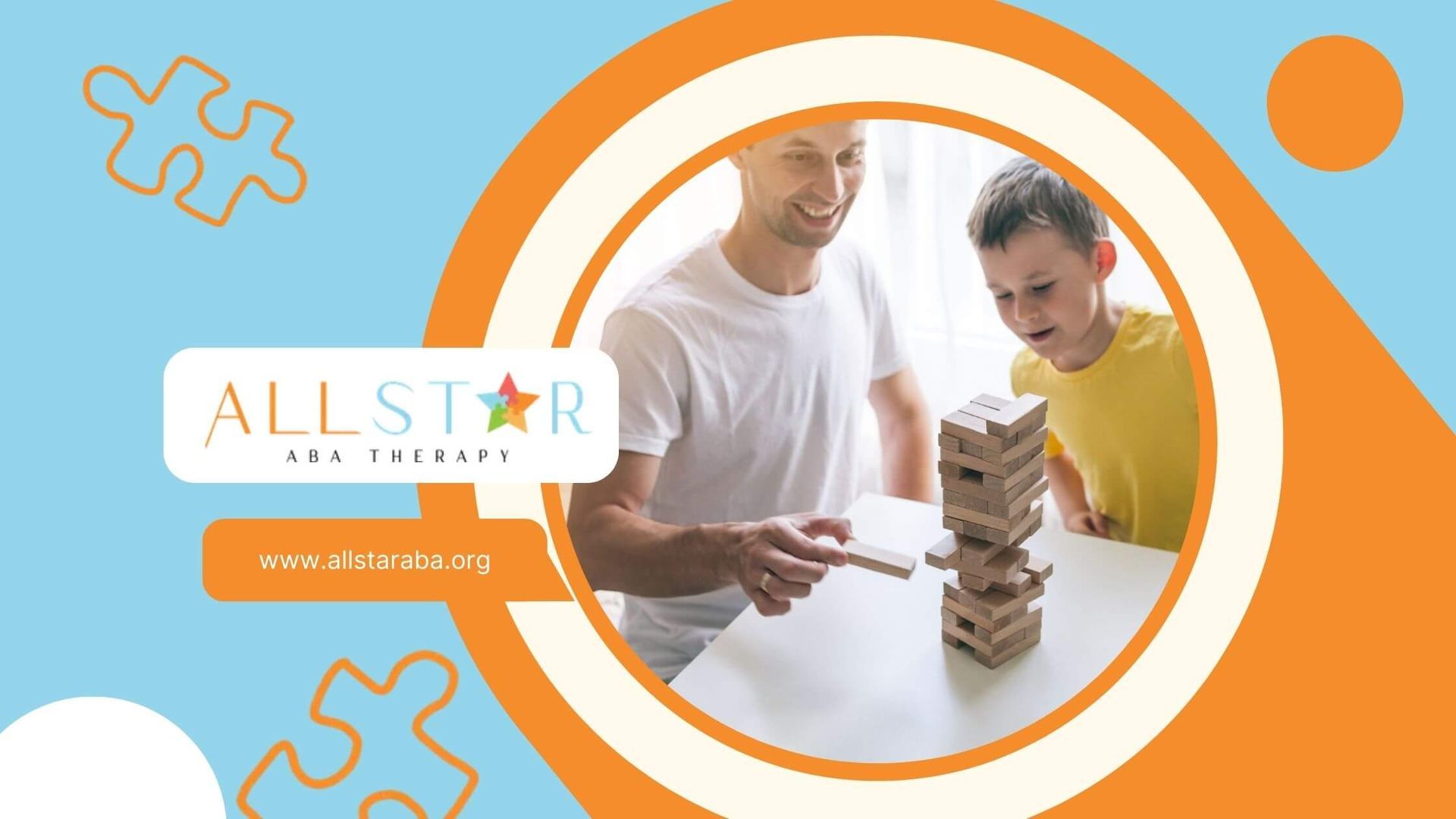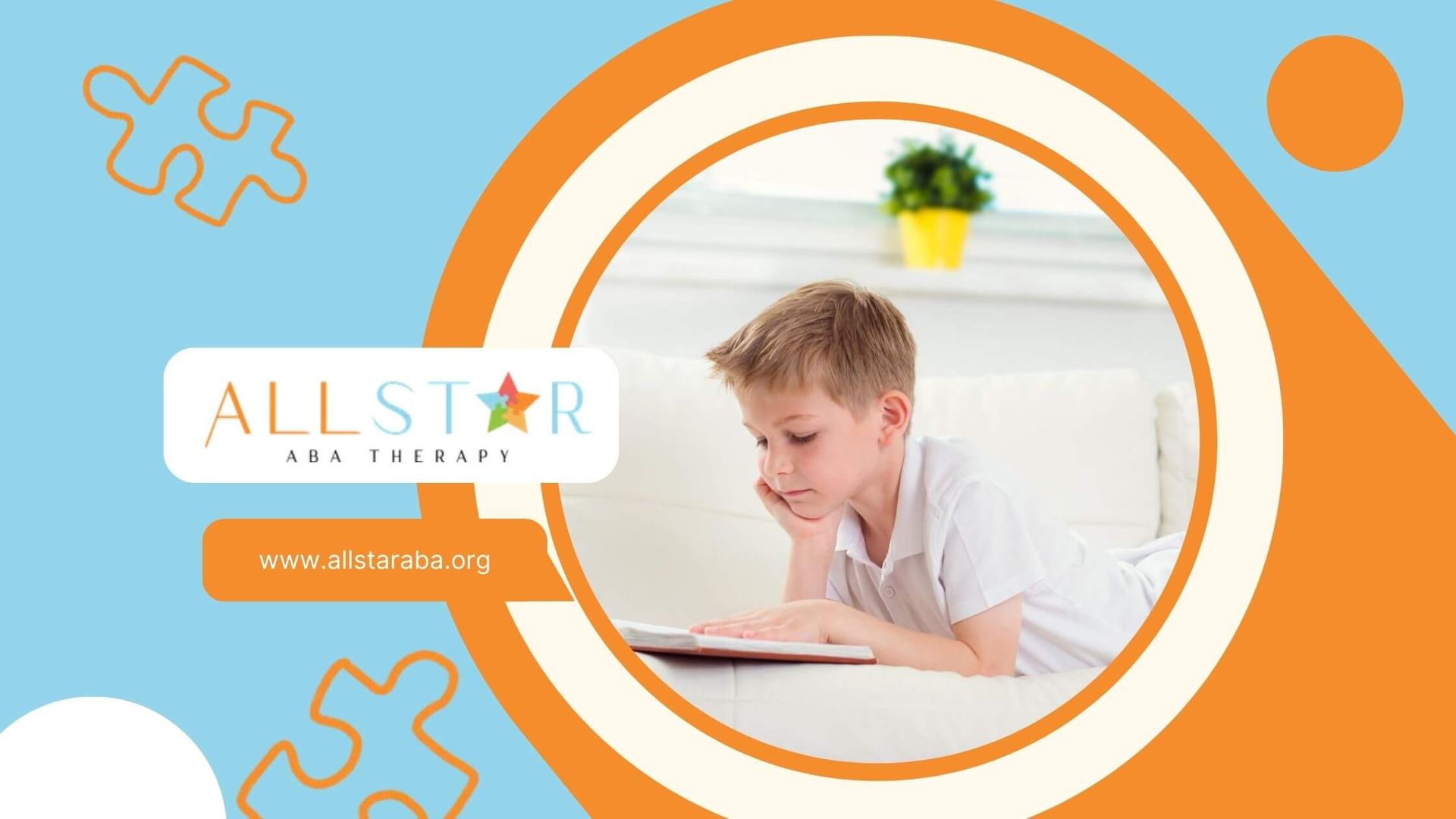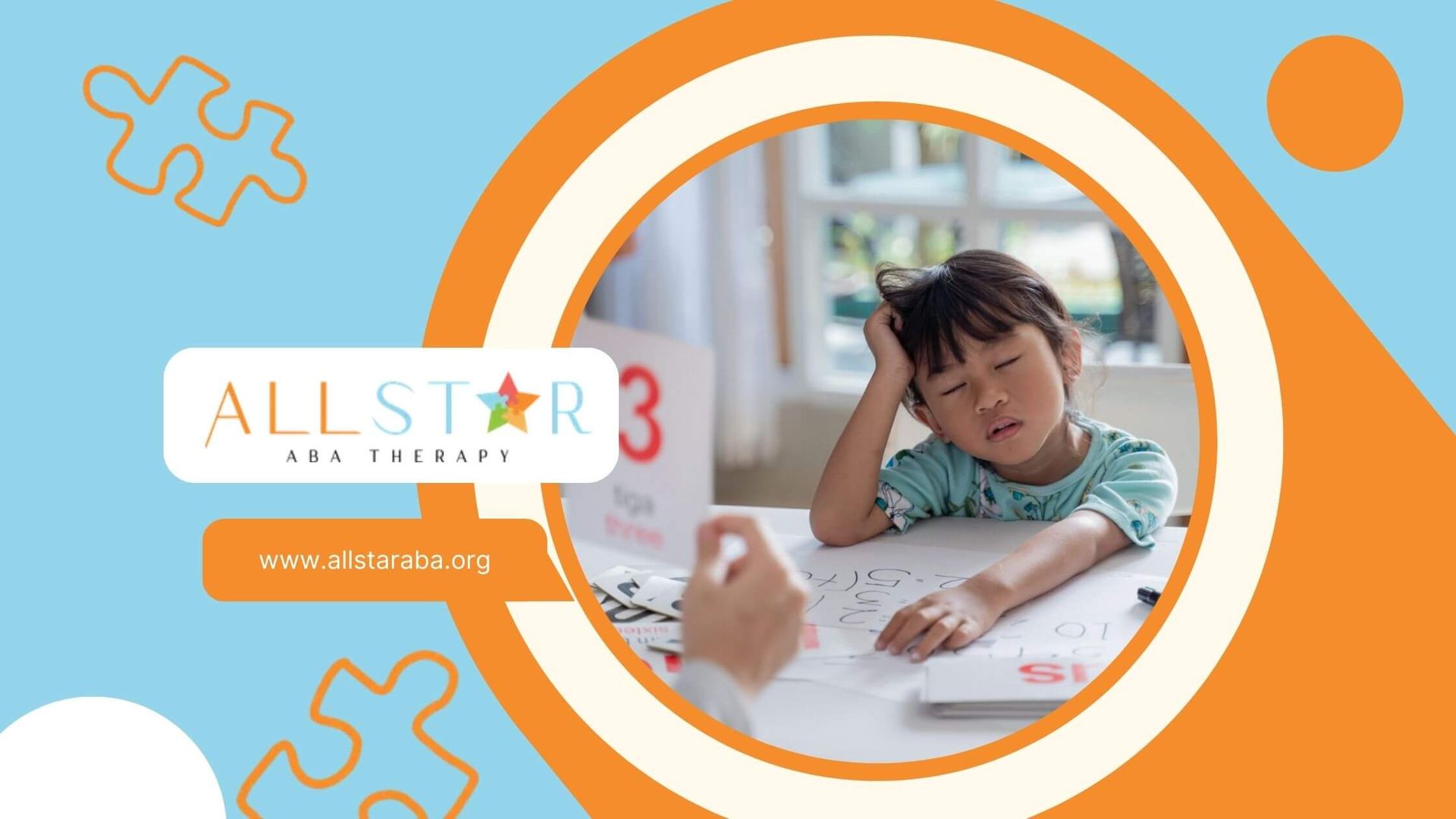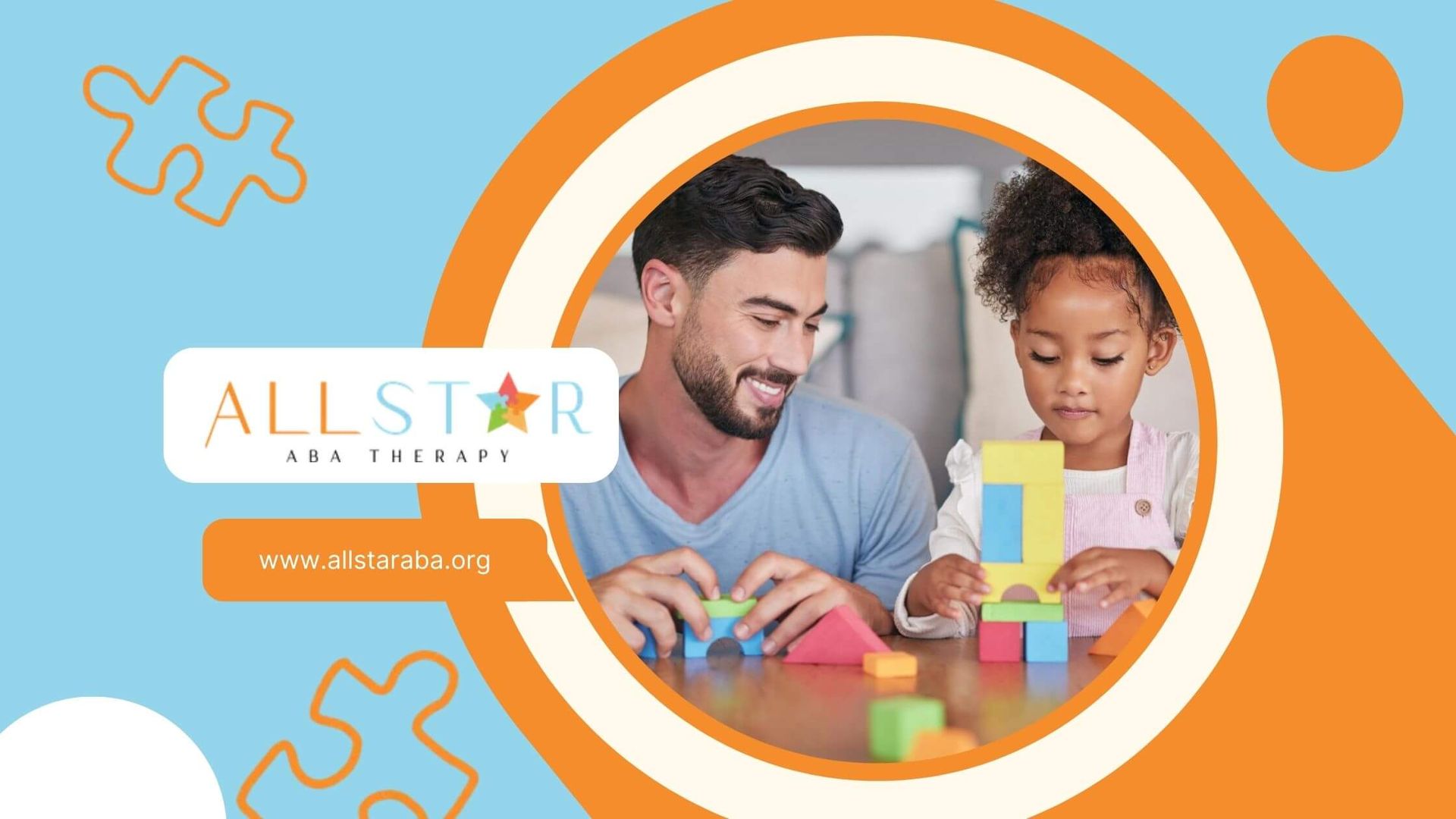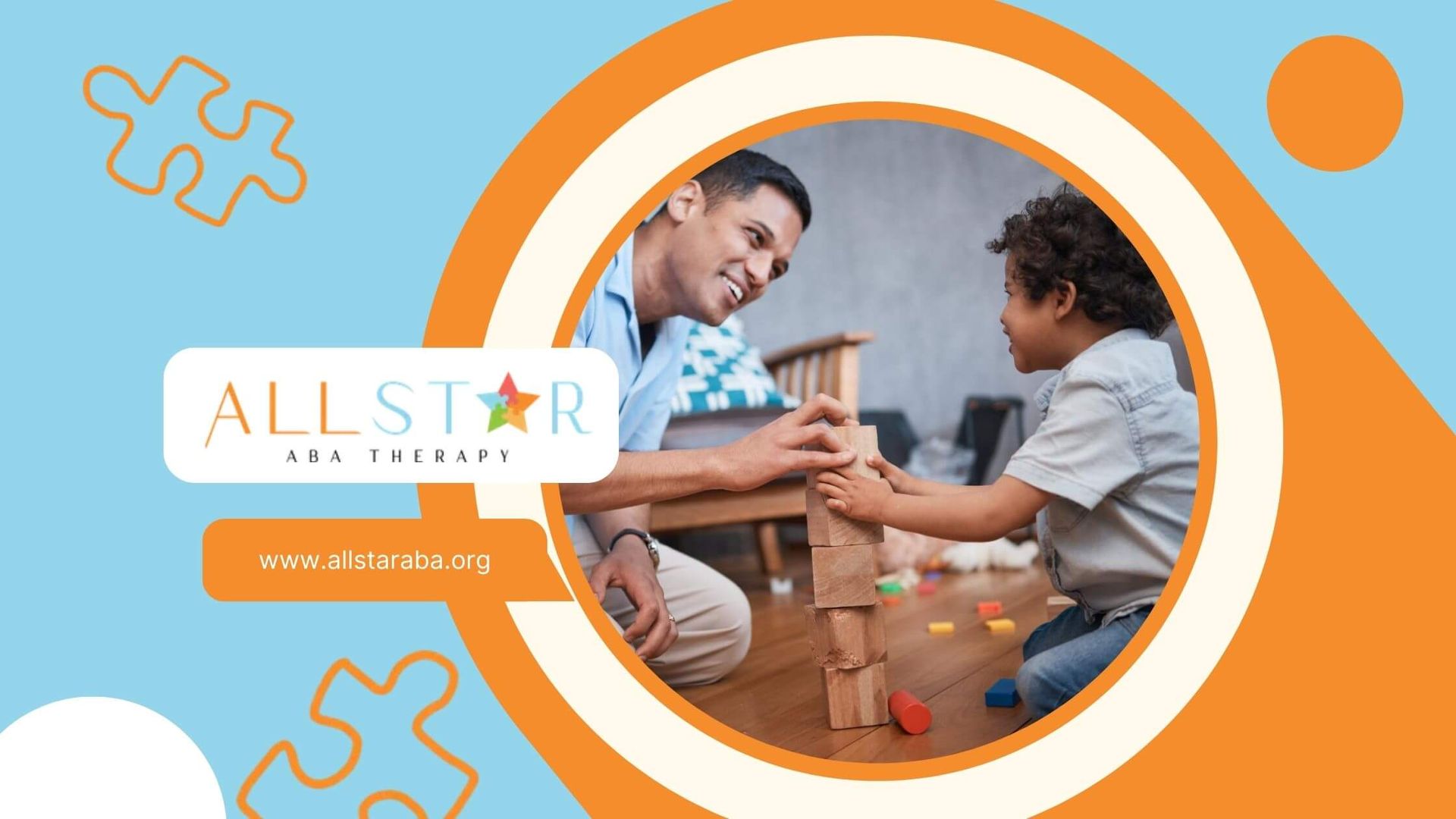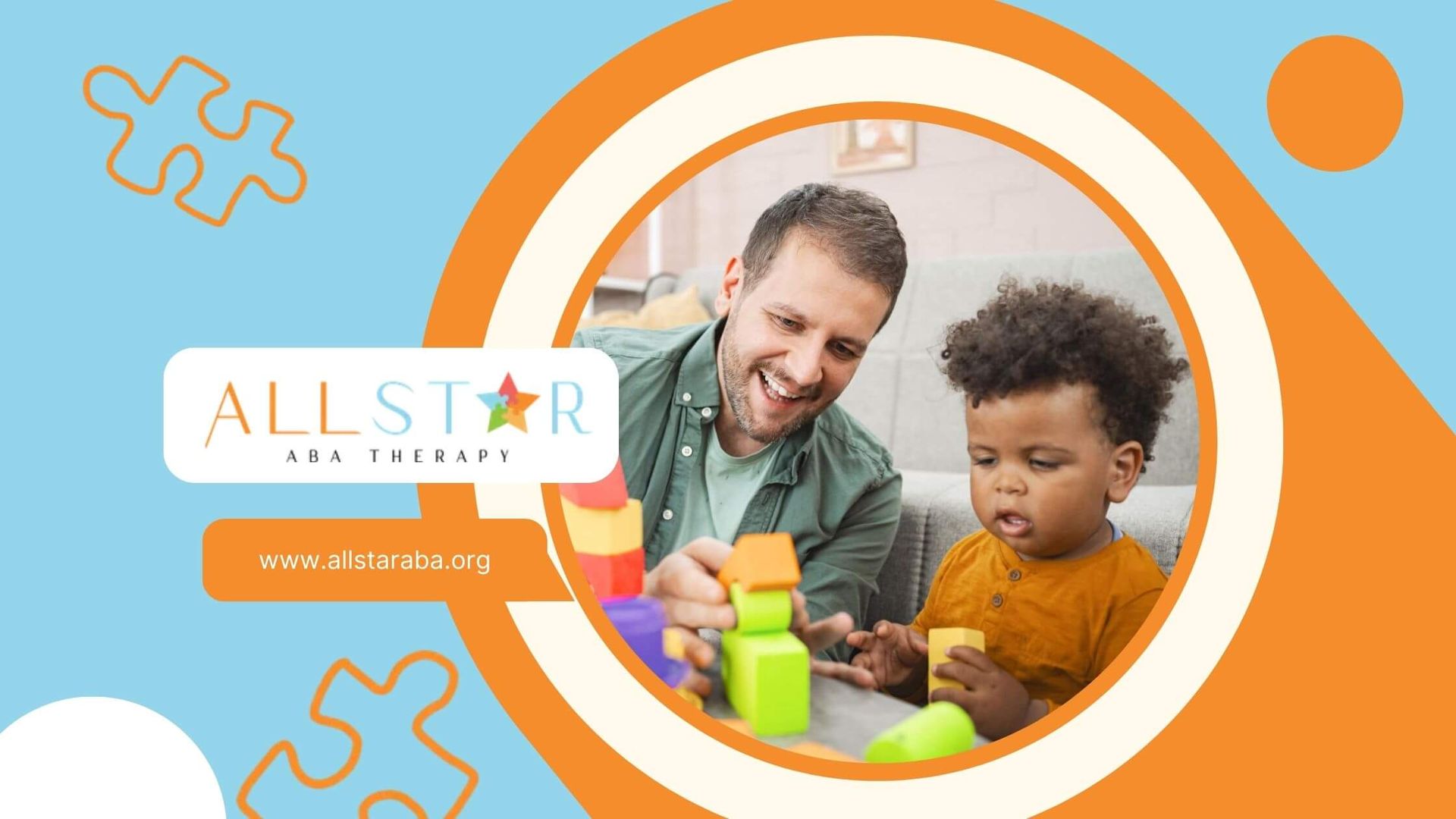New Paragraph
From Myths to Facts: How Trump’s Autism Remarks Sparked Global Outrage
When President Donald Trump suggested that common medications like Tylenol and even vaccines might be linked to autism, it reignited a wave of controversy — and concern.
While Trump’s autism claims quickly made headlines, they were swiftly dismissed by autism experts worldwide.
Scientists and autism researchers continue to emphasize that autism is a complex neurodevelopmental condition with strong genetic factors, not the result of a single medication or vaccine.
So why do such comments spark a global backlash? The answer is simple: misinformation has consequences.
When political leaders spread unsupported claims, they can fuel stigma, misdirect research priorities, and distract from the real work of supporting autistic individuals and their families.
Worse, they can create unnecessary anxiety for expectant parents, many of whom rely on safe medications during pregnancy.
Communities and professionals across the globe — from researchers to autistic self-advocates — are pushing back to set the record straight. The focus, they argue, should be on acceptance, evidence-based support, and services that genuinely improve quality of life.
The controversy around Trump’s remarks highlights the urgent need for trustworthy information and meaningful support for families navigating autism.
Rather than chasing unproven “causes” or so-called cures, the real priority should be access to compassionate, science-backed care.
That’s exactly what All Star ABA provides.
Serving families in Maryland and Virginia, All Star ABA offers Applied Behavior Analysis (ABA) therapy designed to help children build communication, social, and daily living skills in a supportive, individualized environment.
If you’re seeking reliable, evidence-based services for your child, All Star ABA is here to help families thrive — without the noise of misinformation.
FAQs
Why do Trump’s comments about autism and Tylenol spark backlash?
Because they contradict decades of scientific evidence. Experts worldwide have stressed that autism is not caused by Tylenol, vaccines, or any single factor — and spreading misinformation can increase stigma and fear.
What harm does autism misinformation cause?
Misinformation can distract from research, spread unnecessary guilt among parents, and fuel distrust in safe medical practices. Most importantly, it shifts focus away from real solutions — like providing autistic individuals with support, services, and acceptance.
How can families tell the difference between myths and facts about autism?
A good rule is to look for peer-reviewed research, statements from reputable organizations (like the CDC or Autism Science Foundation), and avoid sources that promote quick fixes or “cures.” Talking to trusted healthcare professionals is the best safeguard against misleading claims.
Sources:
- https://www.whitehouse.gov/articles/2025/09/icymi-trump-administration-going-bold-to-tackle-autism/
- https://www.hhs.gov/press-room/hhs-trump-kennedy-autism-initiatives-leucovorin-tylenol-research-2025.html
- https://www.whitehouse.gov/articles/2025/09/fact-evidence-suggests-link-between-acetaminophen-autism/
- https://www.npr.org/sections/shots-health-news/2025/09/22/nx-s1-5550153/trump-rfk-autism-tylenol-leucovorin-pregnancy
- https://www.bbc.com/news/articles/cj07e3rjev2o
Need Support?
We're Here to Help!
Our experienced team is ready to assist you. Reach out today to discuss how we can support your child's development and well-being.
Get started with expert ABA therapy today.



